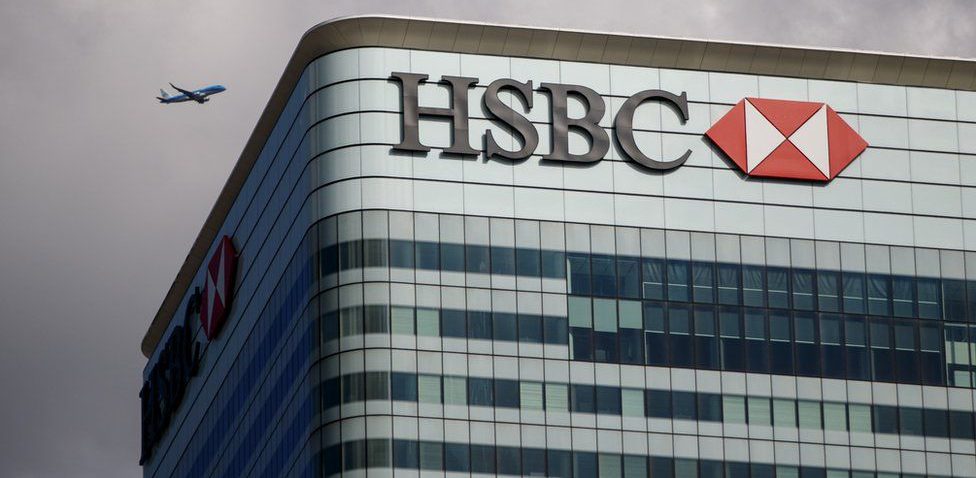Every day, 20% of all bank staff in the Netherlands is engaged in detecting financial crime. This is a direct consequence of the anti-money laundering and terrorist financing legislation introduced since 2001. Detection efforts are mostly manual and therefore very inefficient: 95% of all alerts generated by transaction monitoring systems are false positives. These are the findings of regulatory technology specialist Hyarchis in its new Regulatory Technology on the Rise report, published recently. Continue reading…
Gone are the days when organisations could simply promise a speak up culture. Today, fostering a culture of trust, integrity, and a positive work environment…
Download whitepaper









